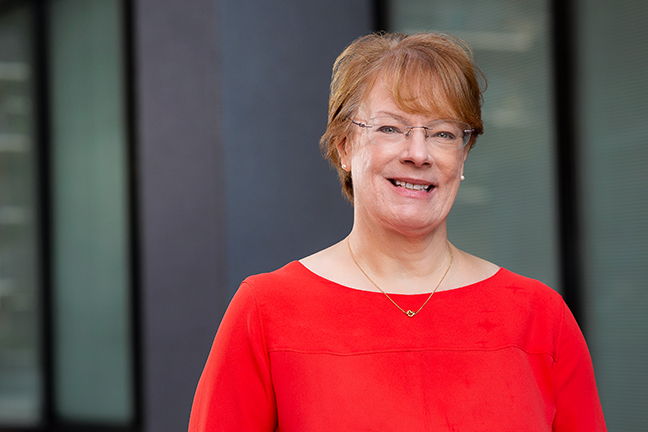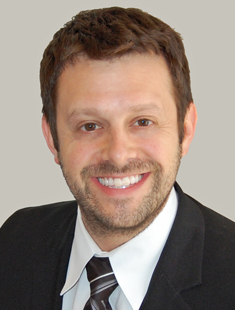
Improving Social Connectedness through Clinical-Community Linkages: The Reduce SILOS Program
M3: Learning Lab: Improving Social Connectedness through Clinical-Community Linkages: The Reduce SILOS Program
Healthcare professionals are uniquely positioned to identify social disconnectedness among older patients; however, coordinated linkages to community-based organizations are essential to provide social engagement opportunities. The Reduce Social Isolation and Lift Outcome for Seniors (SILOS) program was created to screen older adults for social disconnectedness risk and link them to community services, resources, and programs. Patients ages 50 years and older are screened in the healthcare setting or by community health workers (CHW). Participants complete baseline assessments, and data are collected again at 3, 6, and 12 months. To date, 110 participants have been enrolled in the SILOS program. At baseline, 51% reported high social disconnectedness and 41% reported severe depression. Over time, significant reductions in social disconnectedness and depression were observed as were significant improvements in social support. Findings from this ongoing initiative highlight benefits of navigated clinical-community linkages to identify and address social disconnectedness among older adults.
At the end of this session, participants will be able to:
- Identify social disconnectedness risk among older patients participating in the Reduce SILOS program in North Texas
- Describe the Reduce SILOS program, its components, recruitment approaches, community-based partners, and effectiveness to address social disconnectedness, social support, and depression
- Discuss strategies to improve clinical-community linkages to identify at-risk older adults and connect them with effective and appropriate social engagement strategies

Kathleen Cameron (Moderator)
Senior Director, Center for Healthy Aging
National Council on Aging
Kathleen Cameron, BSPharm, MPH, has more than 25 years of experience in the health care field as a pharmacist, researcher, and program director focusing on falls prevention, geriatric pharmacotherapy, mental health, long-term services and supports, and caregiving. Cameron is Senior Director of the NCOA Center for Healthy Aging, where she provides subject matter expertise on health care programmatic and policy related issues and oversees the Modernizing Senior Center Resource Center.

Melanie Nieswiadomy LCSW-S
Program Manager
Texas Health
Melanie Nieswiadomy has worked as a Program Manager at Texas Health for the past 10 years in Community Health Improvement. She is a licensed clinical social worker with years of non-profit experience and community leadership and development.

Matthew Smith PhD, MPH, CHES
Associate Professor
Texas A&M University
Dr. Matthew Lee Smith is an associate professor in the Texas A&M School of Public Health and primary faculty member of in the Texas A&M Health Center for Population Health and Aging. As an evaluator and interventionist, his research addresses health risk across the life-course and the uptake of evidence-based solutions for older adults. Dr. Smith has devoted his career to creating synergistic partnerships and initiatives to encourage positive lifestyles and reduce preventable morbidity and mortality. His translational work bridges research and practice issues across the healthcare sector, aging services network, and public health system.
